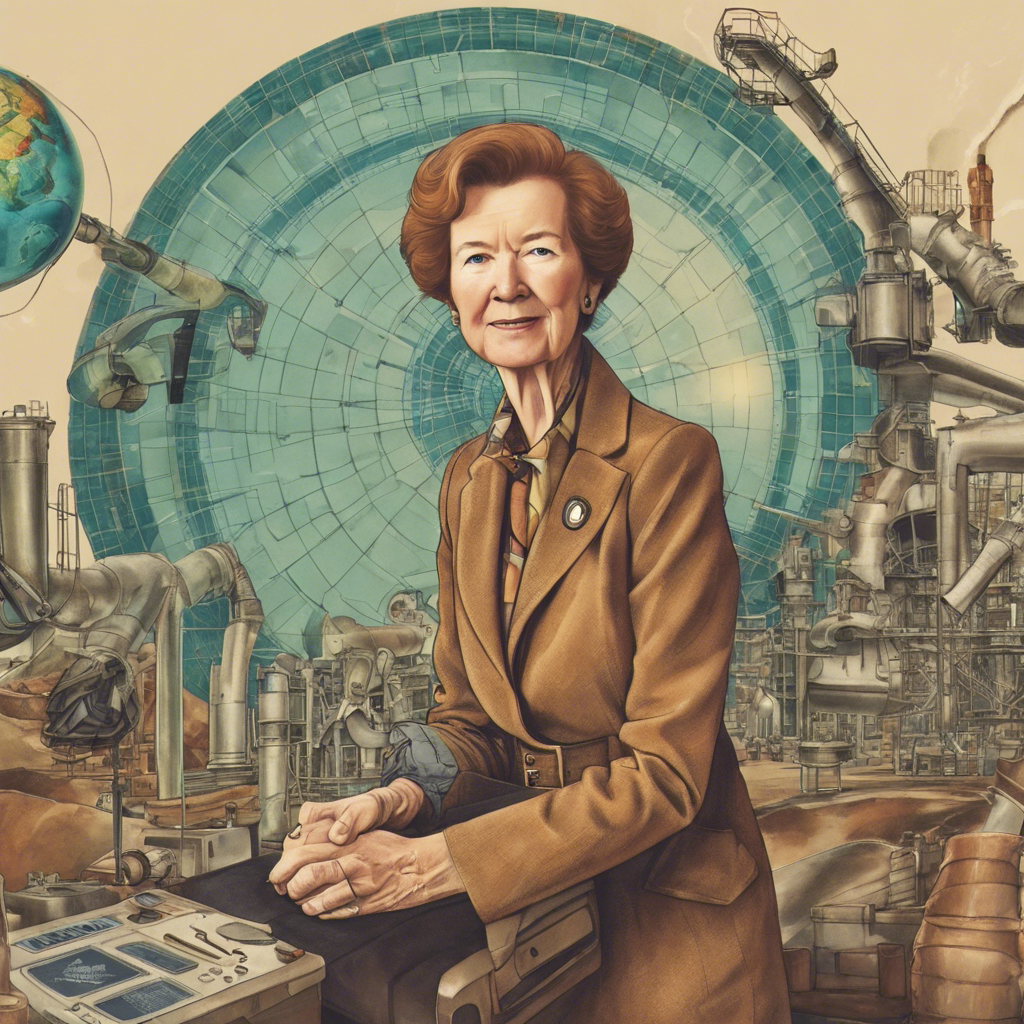Science Communication and the Paradox of Meaning: Straddling the Copernican Principle

Balancing the Pessimistic View of Science with Human Values and Beliefs
In today’s world, science has become the dominant force in answering fundamental questions about the universe, life, and consciousness. However, as science communication delves into these once-religious territories, it often presents a pessimistic worldview that clashes with the values and beliefs held dear by humanity. This article explores the paradoxes and challenges faced by science communicators in reconciling scientific discoveries with the human need for meaning, purpose, and free will.
The Copernican Principle:
At the heart of science communication lies the Copernican principle, which suggests that humans are not special observers in the universe compared to any other beings that may exist elsewhere. This principle, named after astronomer Nicolaus Copernicus, challenges the notion of human exceptionalism and dismisses the idea that human life holds unique value. As a result, science communication often avoids ascribing meaning to human existence or acknowledging the exceptional nature of human relationships.
Paradoxes in Science Communication:
Science communication faces two significant paradoxes. First, it presents a deterministic worldview without free will, yet urges individuals to choose science and take action against pressing issues like climate change. Second, it acknowledges the eventual demise of the universe and the supposed lack of inherent meaning in life, while simultaneously advocating for the prevention of climate change and the continuation of human existence. These paradoxes can create skepticism among those who do not align with science’s fundamental principles, hindering efforts to address global challenges.
Science Communication and Beliefs:
While science itself remains unaffected by personal beliefs, science communication should consider the impact of its messaging on individuals. Health communication provides a relevant example, as it takes into account religious and spiritual beliefs to ensure sensitive and appropriate care. Similarly, science communication could benefit from a more anthropological approach, understanding what people value and how to effectively reach them without dismissing their beliefs.
Balancing the Debate:
The battle between science and superstition often overshadows the ultimate goal of science communication: making the world a better place. Instead of engaging in dramatic confrontations, science communicators should adopt a more sensitive and empathetic approach. While the discoveries of science remain unchanged, it is possible to present them in a way that does not negate the meaning and purpose individuals find in their lives. As physicist Brian Greene suggests, we can acknowledge our impermanence while still finding hope and striving towards eternity.
Conclusion:
Science communication plays a crucial role in mobilizing action against global challenges. However, it must navigate the paradoxes that arise when scientific discoveries clash with human values and beliefs. By recognizing the Copernican principle and embracing a more sensitive approach, science communicators can bridge the gap between science and the human need for meaning, purpose, and free will. Ultimately, the goal is to create a world where scientific advancements coexist harmoniously with the diverse beliefs and values that shape human existence.










